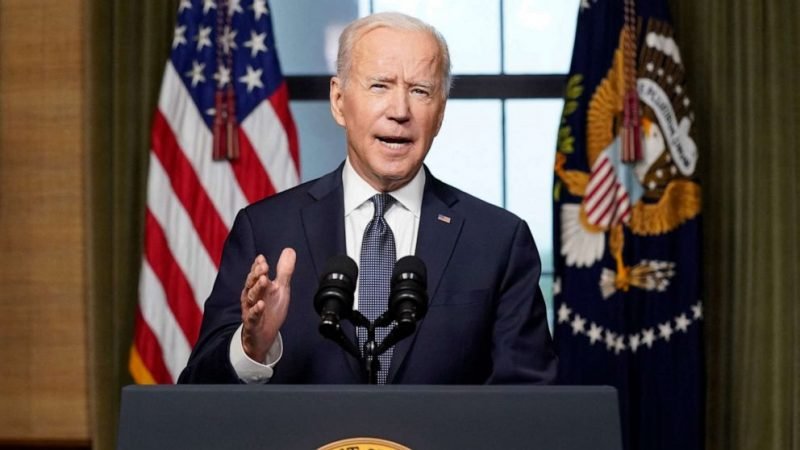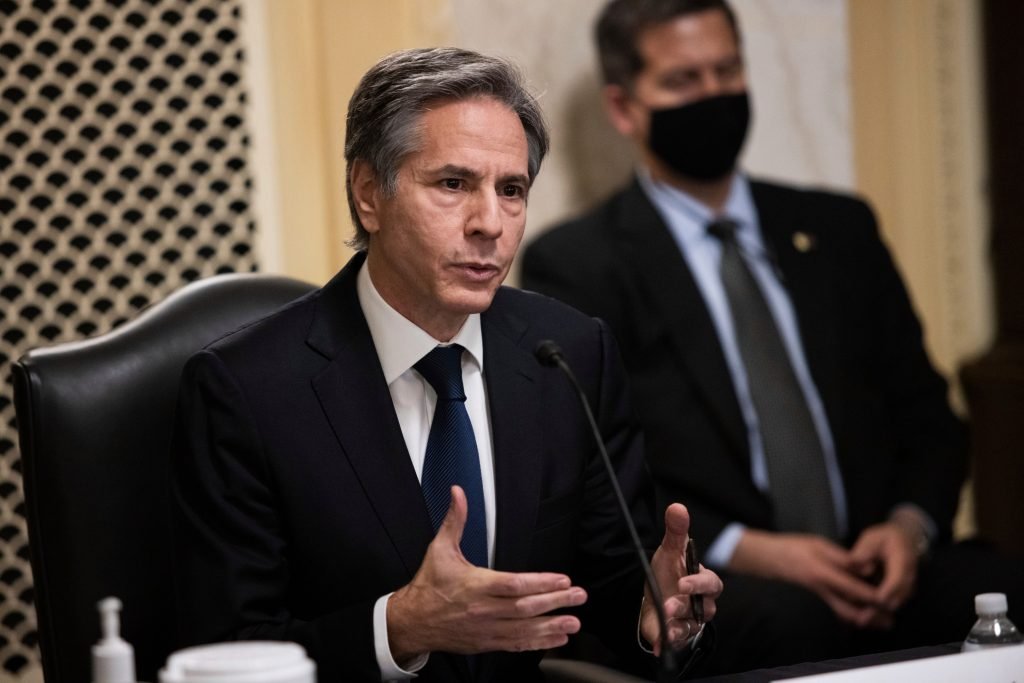President Biden announced troop withdrawal from Afghanistan. What next?

The United States launched Operation Enduring Freedom, an invasion of Afghanistan, on October 7, 2001, with the assistance of several NATO nations, including the United Kingdom and Australia, as well as other allies. The invasion was conducted to apprehend Osama bin Laden, the alleged mastermind behind the September 11, 2001 attacks. Despite toppling the Taliban government and disrupting bin Laden’s Al-Qaeda network, US military forces failed to apprehend him. Bin Laden was granted a haven by the Taliban authorities. On May 2, 2011, US forces in Pakistan shot and killed bin Laden, and in 2006, US forces handed over the country’s defence to NATO-deployed forces in the area, combining 12.000 of their 20,000 troops with NATO’s 20,000. The rest of the US forces were on the lookout for Al-Qaeda terrorists. The Canadian military took command and launched an operation against Taliban guerrillas that had encroached on areas that they had encroached.
NATO leaders began a withdrawal campaign in 2012, and the US later declared that its major military operations would end in December 2014, with a residual force remaining in the region. The last British bases in Helmand were turned over to the Afghan military in October 2014, effectively ending British ground operations in the war. There were less than 9,000 American troops in Afghanistan at the start of Donald Trump’s presidency in early 2017. By early summer 2017, troop numbers had risen by around 50%; no formal arrangements to withdraw had been made. In December 2019, peace talks were revived. Following this round of negotiations, a seven-day partial truce was declared on February 22, 2020. On February 29, the United States and the Taliban signed a tentative peace agreement in Doha, Qatar, which provided for a ten-day prisoner exchange and a 14-month withdrawal of US troops from Afghanistan. On April 13, 2021, US President Joe Biden announced that all remaining troops in Afghanistan will be withdrawn by September 11, 2021.
The decision finally brings an end to America’s longest fight, but it leaves Afghanistan on a knife’s edge. The administration is plagued with arrogance and incompetence. The Afghan security forces, which the US has been supporting and preparing for years, will be left to protect the country with insufficient capacities and resources. As the Taliban’s violent campaign across the country has intensified, civilian casualties have increased. It would be a terrifying end of a bungled war that has dragged on for years without a significant part of the American public knowing. Moreover, critics of Biden’s initiative worry that withdrawing foreign powers would be catastrophic for Afghans who have worked closely with the US for decades—and for half of the country’s population, Afghan women, who have been routinely victimised.
In this century, humanity faces truly significant threats, ranging from the mass extinction of the natural world to the disruption of the life-affirming climate that has served as the crucial backdrop to human history, while nuclear mushroom clouds continue to threaten us all with civilization-ending destruction. Biden and Blinken’s switch to formal, multilateral negotiation in the case of Afghanistan is a sign of optimism, even though it’s only because, after 20 years of war, they now see diplomacy as a last resort. Peace, mediation, and international law, on the other hand, should not be considered a last resort, to be used only when both Democrats and Republicans admit that no modern means of force or intimidation would succeed They shouldn’t be seen as shallow means for American officials to wash their hands of a difficult problem and pass it over as a poisoned chalice to someone else.

Even Secretary Blinken’s UN-led peace effort works and U.S. forces return home, Americans cannot forget about Afghanistan in the months and years ahead. What happens there should be observed and learned from. We should also encourage generous US donations to the humanitarian and development assistance that Afghanistan’s citizens will need for several years This is how the international “laws framework” is supposed to function, with the UN maintaining its responsibility for peacekeeping and particular countries overcoming their differences to assist it. Perhaps cooperation in Afghanistan will serve as a springboard for more comprehensive US cooperation with China, Russia, and Iran, which will be essential if we address the severe shared problems we all face.


















